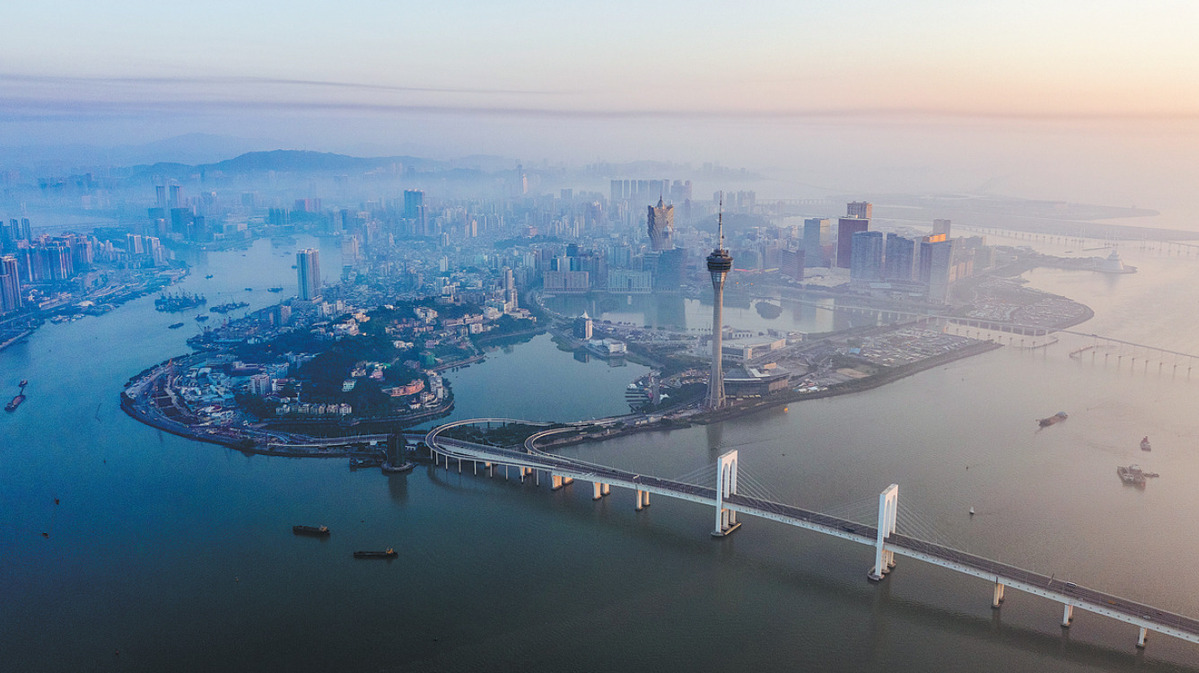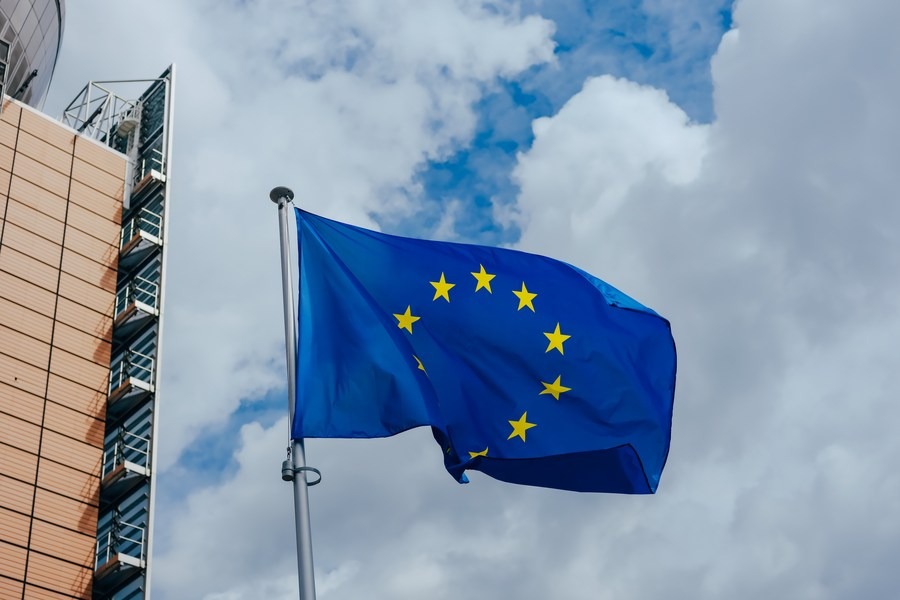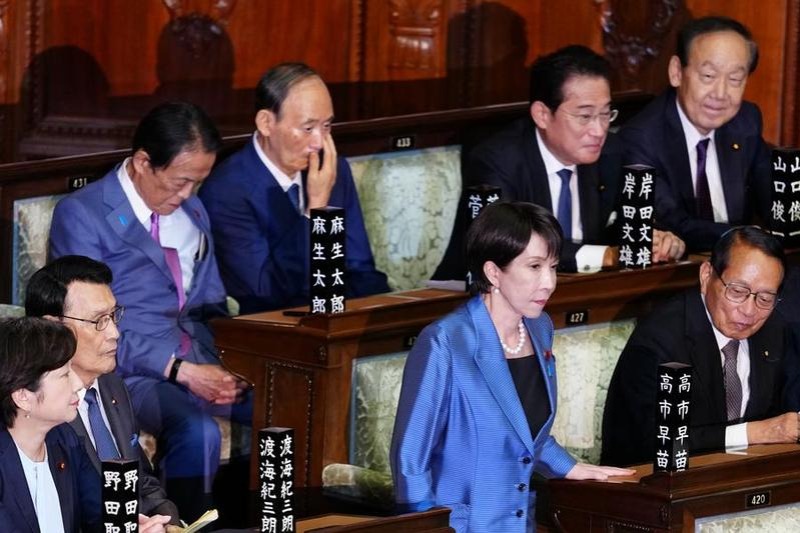Macao's 20 years of economic progress


Congratulations to Macao, China on the 20th anniversary of its handover from Portuguese rule. The SAR celebrates on Dec 20, with the public holiday Macao Special Administrative Region Establishment Day, and a spectacular fireworks display is planned. The region will also welcome its new chief executive Ho Lat Seng to office that day.
Macao has relied on the gambling industry to sustain its economy, which made a strong contribution to its GDP. However, there is much more to Macao's economy than that. Nongaming contributions were expected to have grown 17 percent this year and many venues have shifted their focus to middle-class travelers by offering more retail and entertainment options at their resorts, making the mass market the major driver of profit growth.
Family holidays in a resort environment are the growing focus. Development of full-feature resorts can also support MICE (Meetings, Incentives, Conventions and Exhibitions) markets that can be developed in parallel to this. Surveys have shown that “event tourists” are primarily attracted by food offerings, geographic proximity and/or ease of travel, and to some extent heritage site opportunities, while being least attracted by nightlife entertainment and casino gambling.
Tourists, usually reaching 38 million people a year, come to Macao for many reasons, including to marvel at and photograph the historic Ruins of Saint Paul's in the Santo Antonio area, a 17th century Catholic religious complex destroyed by fire during a typhoon in 1835. The church remains one of the Seven Wonders of Portuguese Origin in the World and forms part of the Historic Centre of Macao UNESCO World Heritage site.
The overall economic development of Macao in the last 20 years has been outstanding. Between 1999 and 2018, Macao's gross domestic product (GDP) expanded rapidly from the equivalent of $6.1 billion in 1999 to $54.56 billion last year, representing an annual growth rate of 12 percent. With a modest size territory, Macao's GDP per capita reached $81,728 last year, ranking second in the world. In addition to the fast pace of economic growth, Macao has also maintained a high employment rate, strengthened levels of welfare, and achieved a high life expectancy at 84.12 years in 2018.
The population of Macao has risen over 50 percent from 418,604 to 644,761 in last 20 years. This has led to Macao having a population density of 21,340 people per square kilometer, making it the most densely populated region in the world. Diversification of economic activity is planned, as is increasing usable land, which has tripled in the last century to stand at 32.9 square kilometers today. In addition, Macao residents have been offered increasing opportunities on the mainland since September 2018, with China no longer requiring work permits for Macao residents alongside those from Hong Kong and Taiwan.
The progress of Macao over the last 20 years makes it a clear example of the value of the "one country, two systems" model, and its success reflects the reality that Macao's residents have fully embraced the model, with an important focus on the one country element. Looking ahead, Macao will be a key element in the maritime part of the Belt and Road Initiative and will benefit from the increased connectivity (symbolized by the 2018 opening of the Hong Kong-Zhuhai-Macao Bridge) and from the future expansion of the Macao international airport. All of these are set to further strengthen the connection between Macao and surrounding areas.
The economic expansion within the Greater Bay Area project will be a major strength, as it offers integration of economic opportunities from Guangdong through Hong Kong to Macao, consisting of nine cities as well as the two special administrative regions. It's not just pyrotechnics that will light up the city and its skyline; Macao's future is also destined to be bright.
Colin Speakman is an economist and an international educator with CAPA: The Global Education Network.
The opinions expressed here are those of the writer and do not represent the views of China Daily and China Daily website.


































